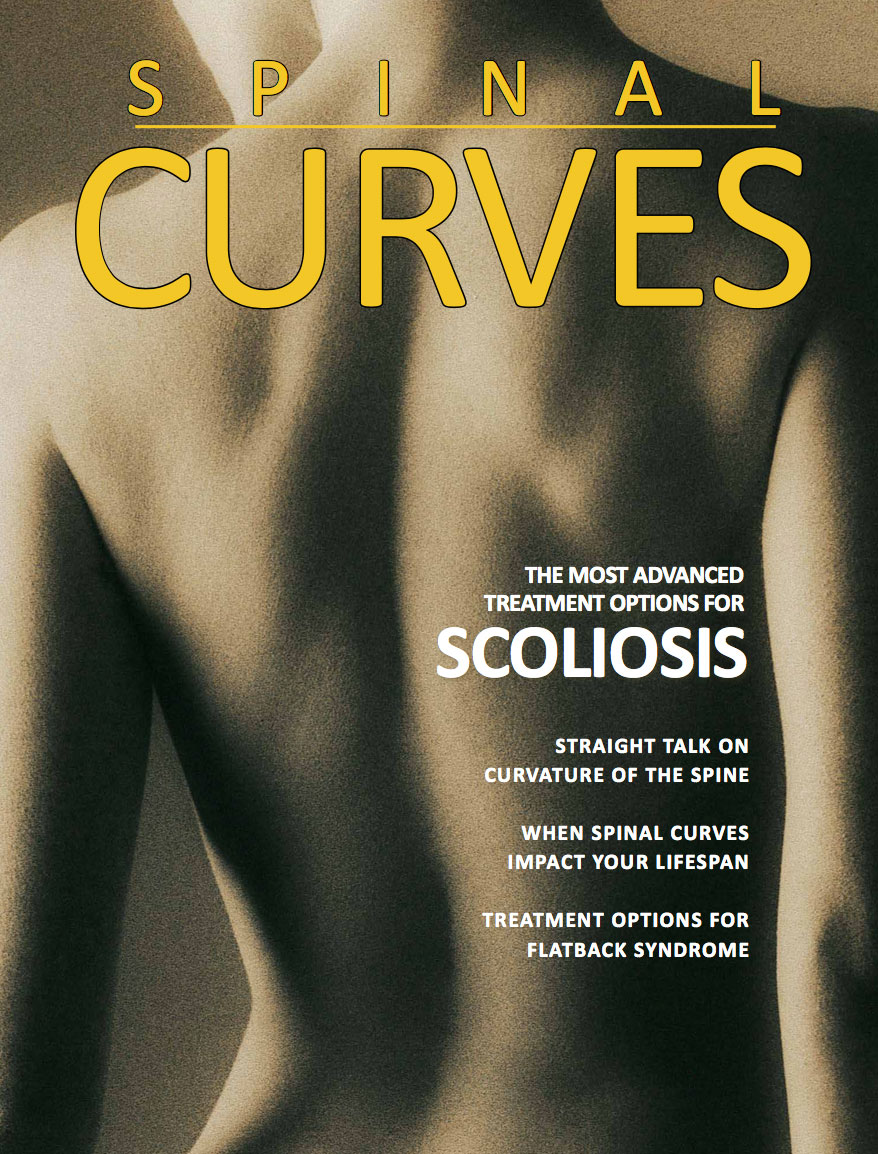ScoliScore
How useful it would be, as a physician, to have a glimpse into the future - to know which patients would succeed with standard treatment and which would need more intense intervention. Or using this future knowledge to select innovative treatments for your patients.
With idiopathic scoliosis, a new genetic test offers that incredible opportunity to predict the progression of curvature, ScoliScore, a prognostic test developed by Axial Biotech of Salt Lake City, Utah, detects 53 different genetic markers in the saliva of patients. These markers were identified through clinical trials to have a connection with curvature progression in patients with Adolescent Idiopathic Scoliosis. (It was based on the DNA of more than 9,500 scoliosis patients around the world.)
Click here to listen to a brief description of ScoliScore.
The score is reported in a range of 1 to 200, indicating a low, medium or high risk of curve progression. The result then is interpreted by a scoliosis surgeon to guide the intervention. A patient with a low risk of progression, for example, may not need bracing. This avoids the psychological stress of bracing a young girl. A high score could place the patient on a track for either motion preserving vertebral body stapling or minimally invasive spinal reconstruction instead of traditional open surgery.
As Co-Chief of the Texas Spine & Scoliosis, Dr. Geck routinely uses the sputum test to guide his practice. The spine and scoliosis center in Austin, serves the Texas (including Round Rock, Houston, Waco, Dallas, Abilene, Temple, El Paso areas), Lousiana and New Mexico regions. ScoliScore testing can spare a preteen the discomfort of a brace. "There are curves that don't need bracing that we've historically braced," he said. "In fact, the genetic testing calls into question the utility of much of the bracing. A child who spends years in a brace and doesn't progress may not be a success story after all," said Dr. Geck. "The ScoliScore test could show that the child didn't have the genetic risk factors for progression - with or without the brace."
Conversely, a high ScoliScore could be in the impetus to move to vertebral body stapling or minimally invasive spine reconstruction. Delayed treatment could enable a more severe curve to develop, necessitating open spinal fusion. "What we're doing is attacking the problem early to prevent larger surgeries, which benefits the patient in the short and long term." said Dr. Geck.
The ScoliScore test isn't appropriate for all scoliosis patients. It's for Caucasian adolescents between the ages of 9 and 13 who have a curve of 25 degrees or less. It cannot be used with patients who have infantile or juvenile idiopathic scoliosis or congenital scoliosis.
"Genetic testing brings a life-changing dimension to childhood screening and early detection of scoliosis. Early detection, with the extra tool of genetic testing, gives us an opportunity to possibly make a huge difference in the natural history of scoliosis," said Dr. Geck.
Q: How does the SCOLISCORE Test work?
A: Sample collection for AIS progression is quick, and can take place right in the physician?s office. Your child will be asked to provide a saliva sample, which will then be sent for analysis at a lab. From your child?s saliva, the lab will analyze his/her DNA for markers associated with the likelihood for scoliosis progression. The SCOLISCORE Test has the ability to distinguish between patients who are likely to progress to a severe curve, and those who might not. The test performed on your child?s saliva is strictly confidential, and only your child?s physician will receive the results. Clinical studies, conducted over several years, have verified that the SCOLISCORE Test provides accurate information so you and your child?s physician can make informed decisions. Studies have shown there is a genetic link to AIS.
Q: What will testing for AIS tell my child?s physician and me?
A: The SCOLISCORE Test may help to reduce the uncertainty and concern for parents and their children about the likelihood of AIS curve progression. With the results of the SCOLISCORE Test, combined with other factors, your child's physician will be better able to recommend the appropriate treatment and follow up, if any treatment is necessary at all.






